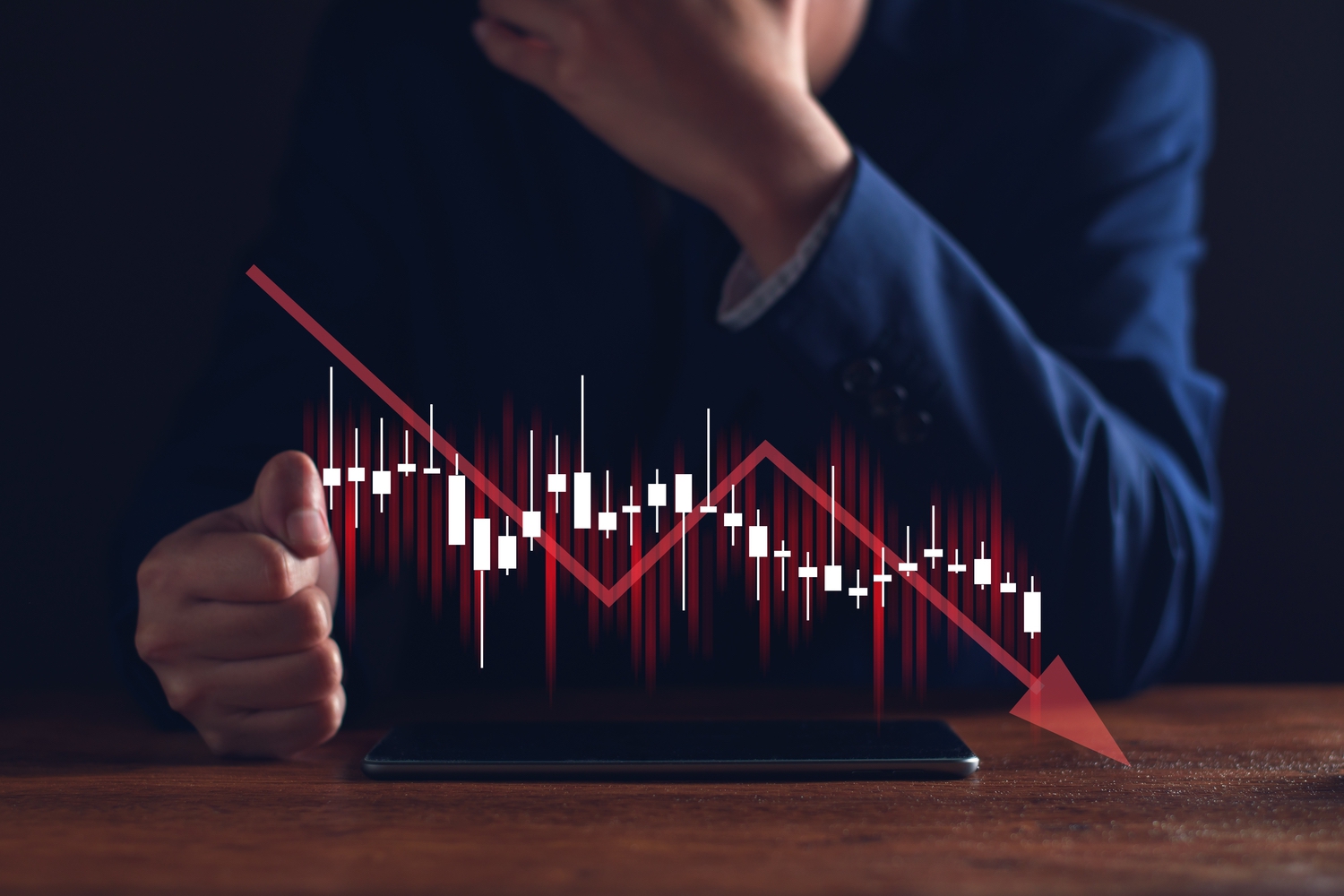

Unlisted companies acquired through leveraged buyouts are currently facing an uncertain economic environment. Rising interest rates combined with the economic slowdown are now threatening the financial equilibrium of some LBOs. Could this lead to defaults? Should we fear a sharp fall in valuations? Experts at AURIS Finance, a consultancy specialising in mergers and acquisitions, take a closer look.
Rising energy and commodity prices and supply difficulties are just some of the factors affecting the day-to-day running of businesses. First in the line of fire are those in the agri-food and mass retail sectors, which are highly exposed to inflation. Rising production costs are eating into margins and squeezing profits.
High debt ratios
Against this backdrop, companies acquired through LBOs (Leverage Buyout, i.e. acquisition through debt and leverage) could face major financial difficulties. In this type of deal, a holding company – owned by an investment fund – makes an acquisition using debt, which is then repaid from the company’s profits. Debt ratios are calculated on the basis of EBITDA or free cash flow. In a bullish macroeconomic environment, these aggregates improve, but fall back when the environment becomes more uncertain, leading automatically to a rise in debt ratios.
Are we heading towards massive defaults?
If the debt-to-equity ratio falls outside the framework defined in the LBO contract, the lenders are in a position to demand early repayment. “To the extent that companies are unable to do so, they will technically be considered to be in default of payment”, explains Grégoire Andrieux, Managing Partner of the law firm McDermott, Will & Emery, to the newspaper Le Figaro. This phenomenon is exacerbated by the very structure of LBOs, most of which are financed at floating rates. The only way to avoid bankruptcy: tough negotiation sessions with creditors to agree debt restructuring.
Investment funds are reassessing their strategy
This tense environment is weighing on private equity funds, which have been very active in the buyout market in recent years. They may become more cautious in the coming months, particularly in the technology sector, where valuations are now trending down after having soared. If the rise in interest rates combined with weakening profitability becomes a long-term trend, these funds may find it difficult to sell their assets at the levels they expect. Forced to exit their positions, these funds would then have to sell at a lower cost companies that were acquired at a high price during a bull market. As a result, company valuations could fall sharply in the coming months. According to PitchBook data, many companies have already revised their valuations downwards. In Europe, the Swedish fractional payments specialist recently slashed its valuation by 85% to $6.7 billion from $45.6 billion a year earlier.
Get the support you need
The processes involved in debt restructuring are lengthy and costly, and require considerable capacity within organisations, particularly through the involvement of finance and legal departments. In an uncertain economic environment, AURIS Finance teams are at your side. Our sector specialists are experienced in LBO operations and will help you negotiate with your creditors and potential buyers.


